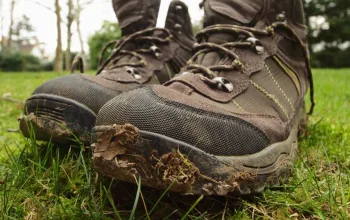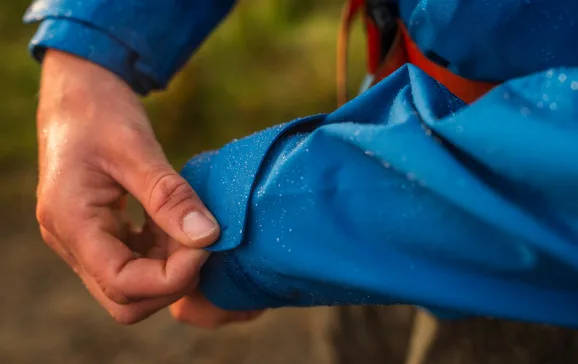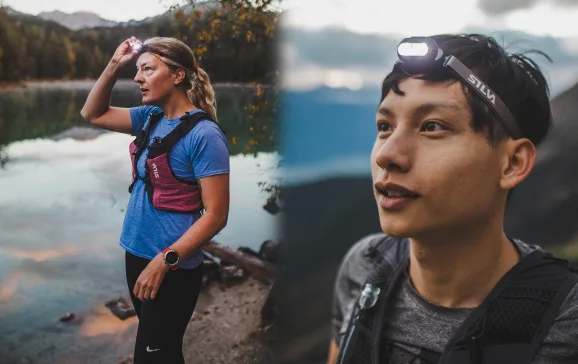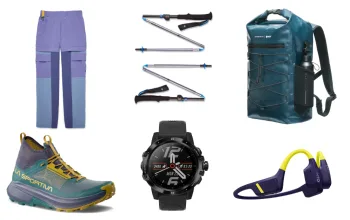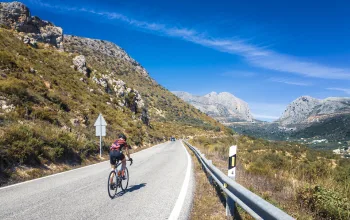1 Know before you go
The types of insects and the risks from different insect-borne diseases vary around the world, so do your research well before you go. Seek medical advice 6-8 weeks before you plan to travel (and after you come back if you have been bitten) to be sure that you get the relevant immunisations and medication. Check out Pyramid's Trip Planner tool, which lists all the products you need for protection where you're going, as well as detailed advice from NHS Scotland on what vaccines you should take and other health risks.
 2 Use insect repellent
2 Use insect repellent
Repellent is your first line of defence against insect bites and the nasty diseases they can carry - especially the dreaded Malaria, which can't be vaccinated against. Using a high DEET repellent is your ultimate protection, and should be applied to any exposed areas of skin - just avoid sunburnt, sensitive or damaged skin, eyes and mouth, and then wash the palms of your hands. Pyramid makes 60ml bottle sizes which can be taken in airplane hand luggage, so you can stay protected during transit as well a when you get there. For trekking through particularly infested areas with swarms of mosquitos or midges, head nets are not exactly fashionable but you won't care if you find yourself in the middle of a mosquito cloud. Don't to forget to reapply repellent after a swim or wash.
3 Wear the right clothing
Avoid dark clothing, which attracts mosquitos, and go for loose fitting, long-sleeved clothes and trousers, with fine-woven, light coloured fabrics. Some manufacturers make 'mosquito bite-proof' clothing, such as Rohan, and Buff headwear, whose Insect Shield fabric is impregnated with a long lasting, odourless repellent which lasts at least 50 washes and repels mosquitoes, ticks, ants, flies, fleas, chiggers and midges. Pyramid's Ecoguard fabric spray can be used on backpacks, hats, tents, outdoor kit, soft furnishings, and wearable accessories, and contains a natural insecticide called Pyrethrum, which lasts for two to three days and kills flying insects and ants on contact.
4 What to wear at bedtime
Although some mosquitos are even more active in the daytime, such as the Aedes aegypti mosquitoes, that carry and spread the Zika virus, you are especially vulnerable to bites at night while you're asleep. If sleeping out, avoid standing water where mosquitos breed. Sleep under a treated mosquito net - all of Pyramid's are made with 300 holes per square inch, which is double the amount recommended by the World Health Organisation, and are treated with a long-lasting insecticide that kills mosquitos on contact. For hostelling they even do a bed bug guard which slips over mattresses and kills bed bugs and crawling bugs on contact. Wash after exercise, because sweat attracts mosquitos but avoid splashing on perfumes or aftershave, as they like those too! Finally, if staying in a hotel, choose a room above the third floor, as mosquitos and sand-flies tend to fly at lower levels.
For more advice and products see Pyramidtravelproducts.co.uk








